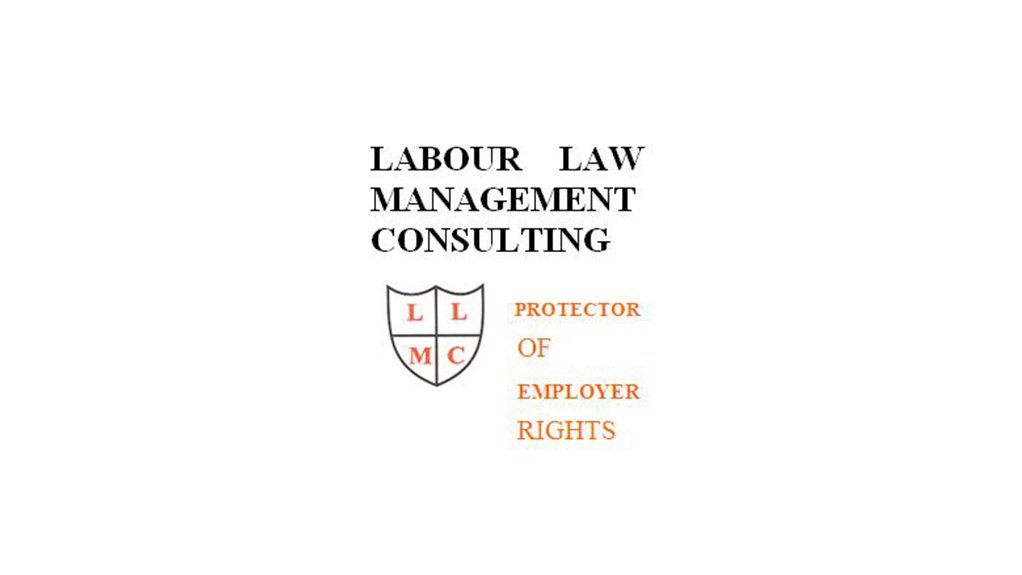Even when an employer finds an employee guilty of a serious offence this does not automatically entitle the employer to fire the employee. There are numerous possible remedies for misconduct which could include:
- Dismissal – the most severe corrective action
- Demotion – provided that the employee is given the choice of dismissal or demotion
- Suspension without pay - provided that the employee is given the choice of dismissal or suspension
- A warning or final warning – which must be very carefully worded
- Training – where lack of skill/knowledge is the cause of the problem
- Treatment – for example where addiction or alcoholism is an important factor
Before deciding on the penalty or corrective action the employer should Consult the disciplinary code and consider, amongst other factors:
- the nature and seriousness of the misconduct
- aggravating circumstances
- the employee’s personal circumstances
- the employee’s length of service
- the employee’s disciplinary record
- extenuating circumstances.
Extenuating circumstances are those related to the case itself that might render the misconduct less serious. For example, where an employee refuses to obey an instruction from a manger due to a genuinely mistaken belief that the manager did not have the authority to give the instruction, this might merit a lighter sanction. This is because, while the employee disobeyed the instruction, he/she did not do so out of defiance but rather out of ignorance.
Where such circumstances exist it would be folly for employers to ignore them. This is because CCMA and bargaining council arbitrators expect the level of discipline to be in line with the circumstances of the case. Arbitrators will not hesitate to overturn dismissal decisions that are substantially out of line with what is just in terms of the unique circumstances of each individual case.
For example, in the case of NUM obo Khanye vs South African Region Business Services (2001, 1 BALR 92) the employee was dismissed for driving a vehicle without permission and without a licence and for damaging the vehicle in an accident. The arbitrator decided that:
- The employee had previously received and signed a memorandum stating that no employees were to drive company vehicles without a licence and that failure to comply with this rule would result in serious disciplinary measures
- the employee had used the vehicle due to an emergency at the workplace
- this was an extenuating circumstance
- the dismissal was therefore too harsh
- the employee was to be reinstated.
In the case of of NUMSA obo Madobeng vs Macsteel Tool and Pipe (2006, 10 BALR 982) the employee was dismissed on a charge of assault. The employee’s colleague had accused her of treating the company’s changeroom as a bedroom and of sleeping with her grandfather. A scuffle ensued and the employee was brought to a disciplinary hearing. The arbitrator at the Metal and Engineering Industry Bargaining Council found that:
- The employee’s conduct did not amount to an assault as the physical contact made during the scuffle was very slight
- The employer had not disputed the fact that the employee had been provoked by the insult from her colleague
- The employee had been provoked by her colleague’s insult but the presiding officer of the disciplinary hearing failed to take this into account
- The employee was to be reinstated with full back pay.
Where employers are unsure as to whether extenuating circumstances exist they should obtain expert labour law advice before acting against the employee.
To book for our 12 August webinar on DEFEATING THE DANGERS OF DISMISSAL please contact Ronni on ronni@labourlawadvice.co.za or 0845217492.
Written by lvan lsraelstam, Chief Executive of Labour Law Management Consulting. He may be contacted on (011) 888-7944 or 0828522973 or via e-mail address: ivanlabourlawadvice.co.za. Go to: www.labourlawadvice.co.za
EMAIL THIS ARTICLE SAVE THIS ARTICLE ARTICLE ENQUIRY
To subscribe email subscriptions@creamermedia.co.za or click here
To advertise email advertising@creamermedia.co.za or click here











